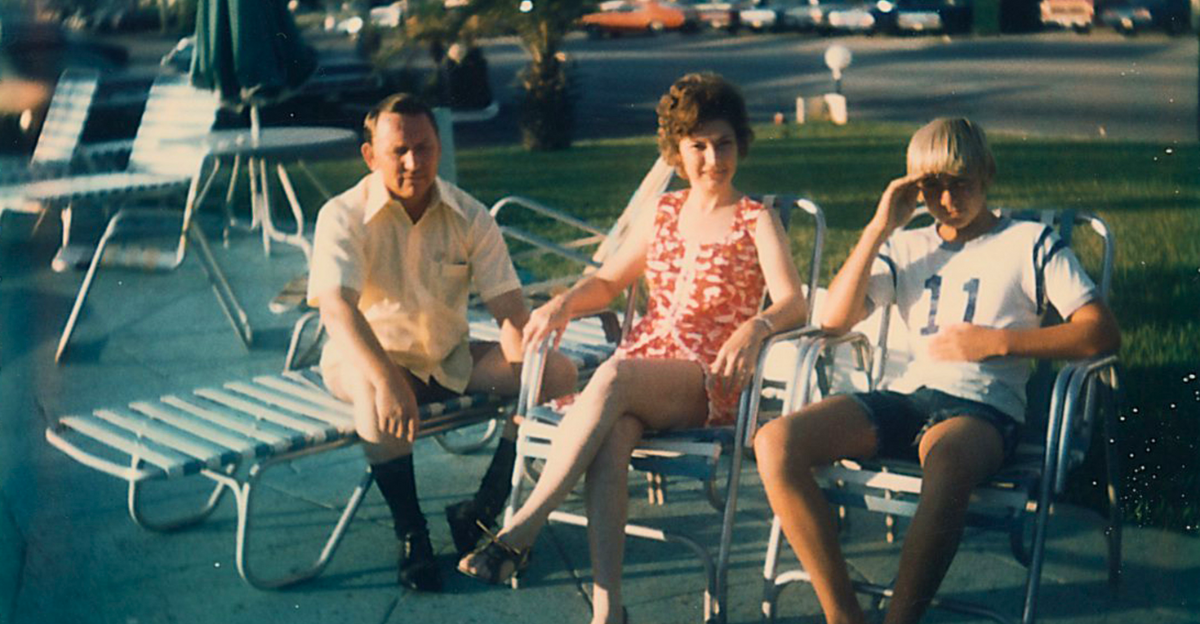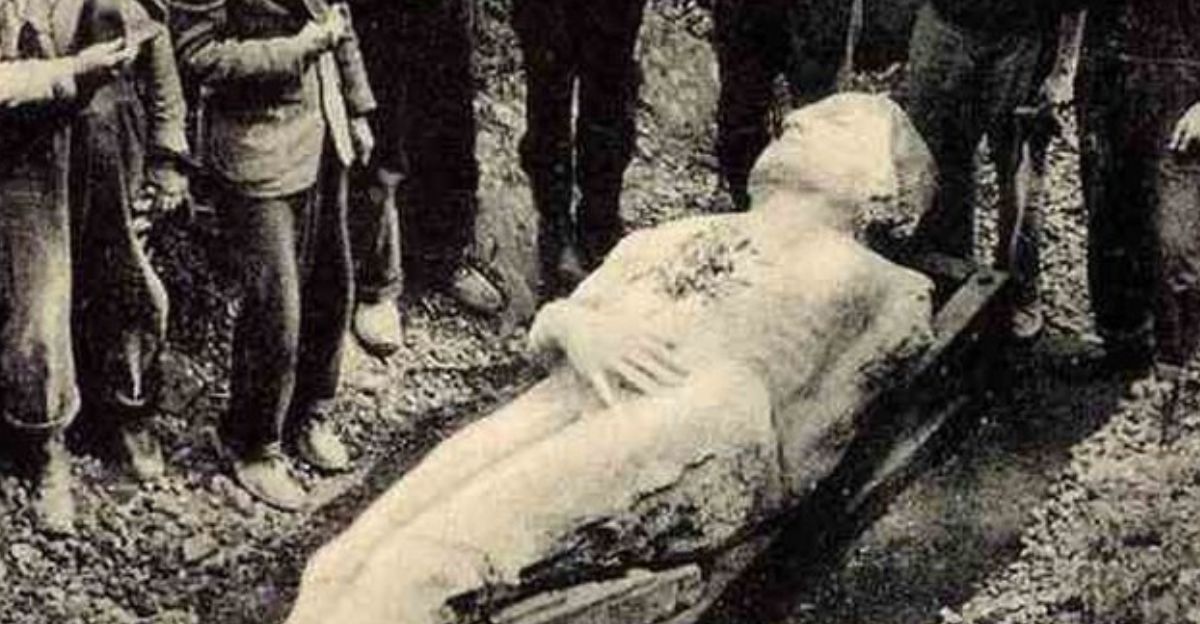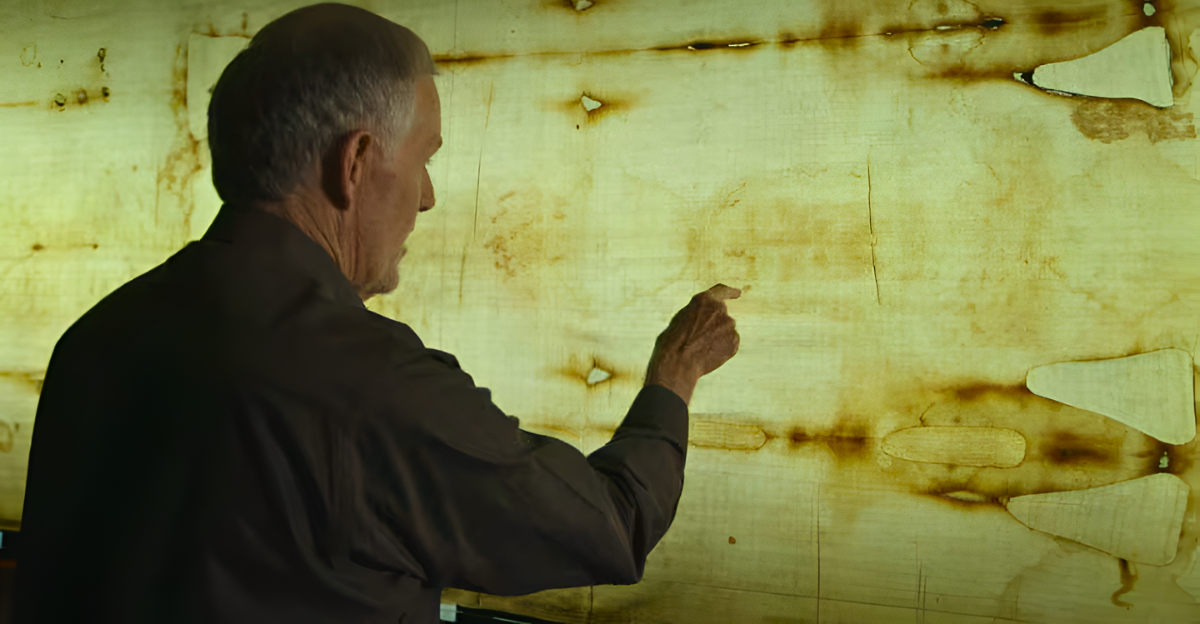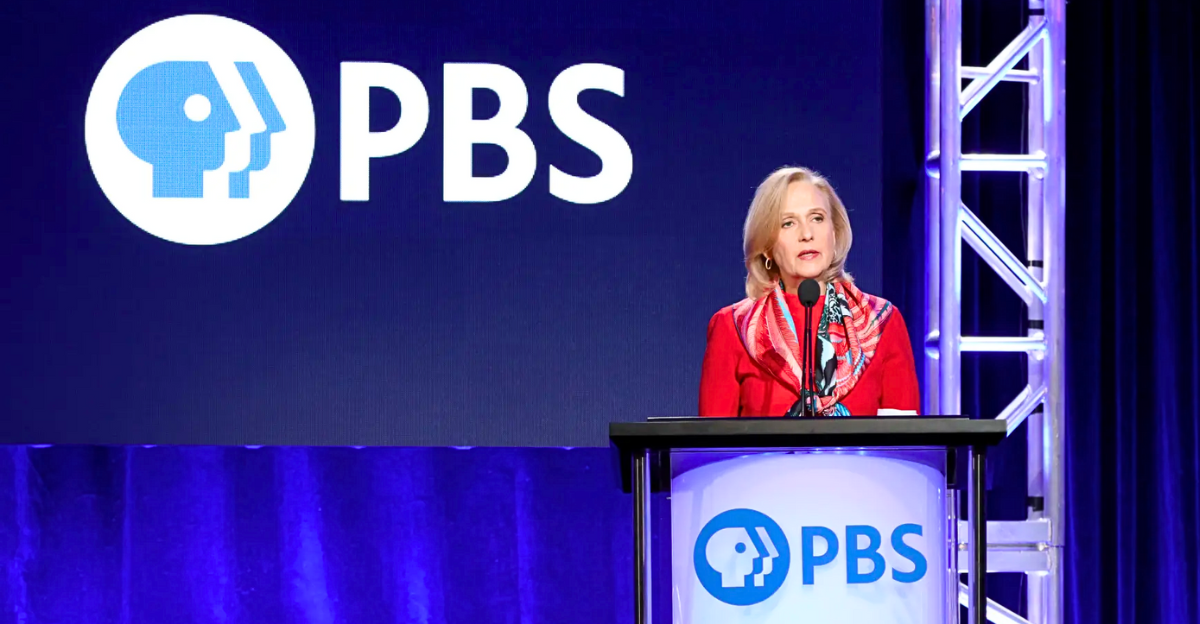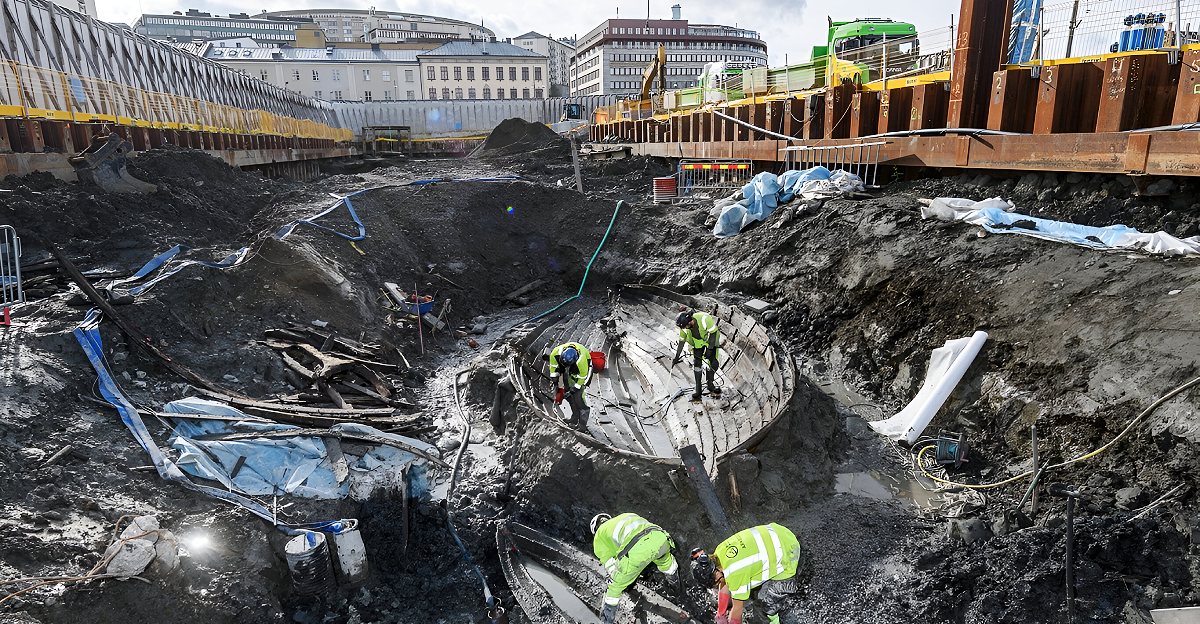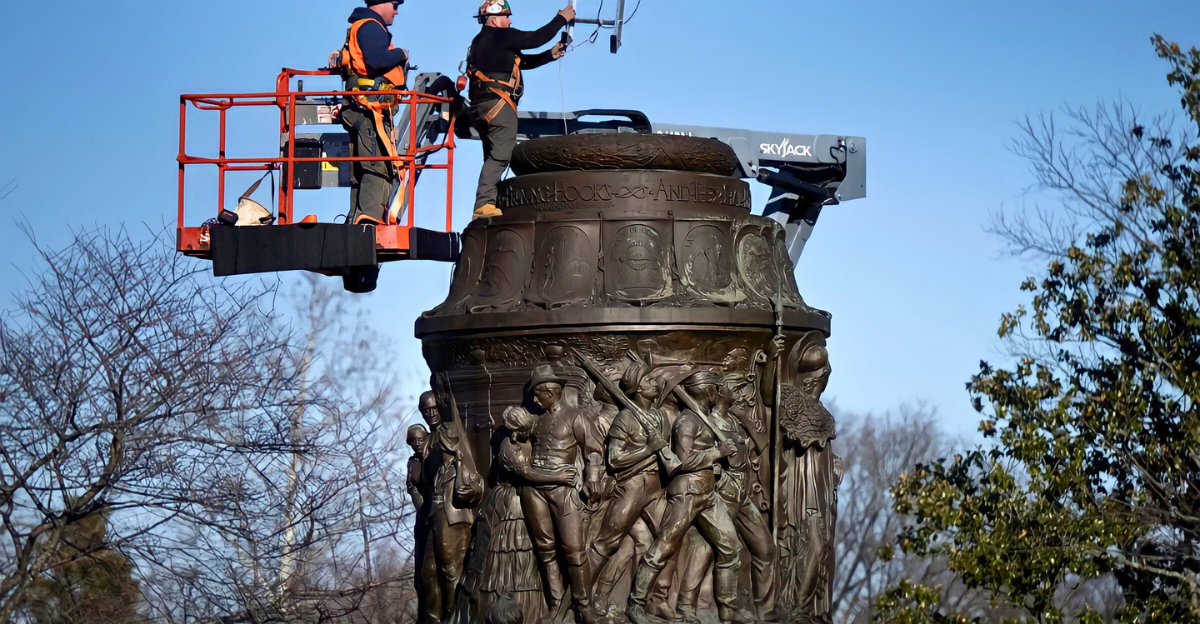
A historic Confederate statue is set to return to Washington, D.C., reigniting debate about how America remembers its past.
According to Reuters, the National Park Service will reinstall the monument of General Albert Pike, originally toppled during the 2020 Black Lives Matter protests.
Dr. David Blight, a historian at Yale University, commented: “Such monuments continue to shape how generations understand our shared history.”
Community Divisions
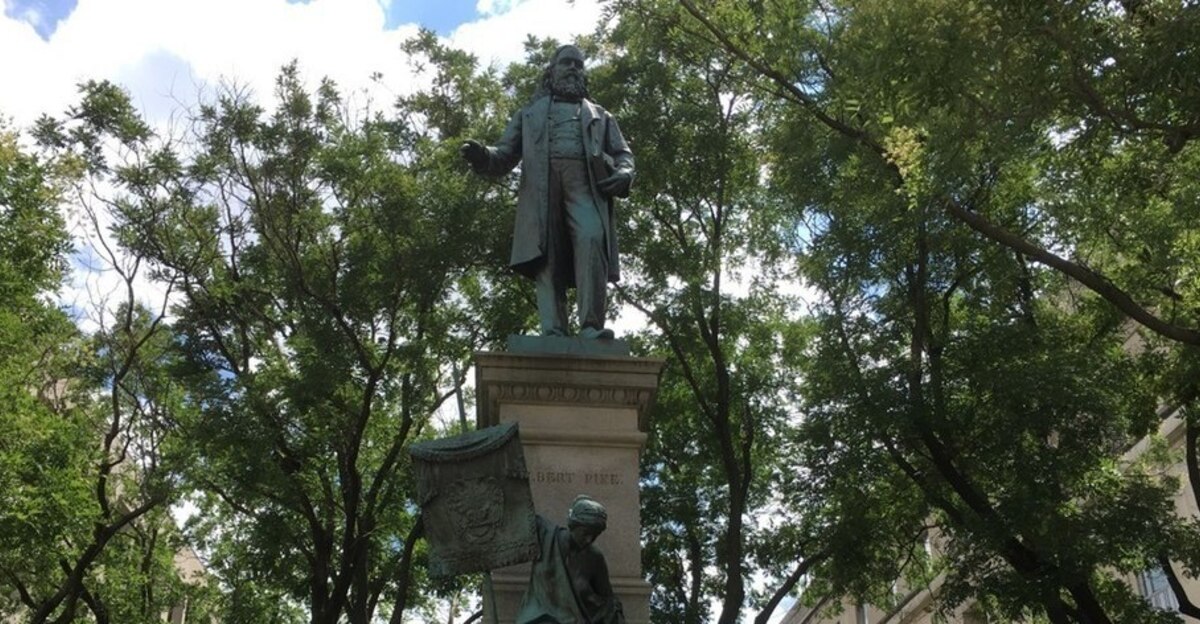
The plan to reinstall the Pike statue has sharply divided D.C. residents and officials. According to ABC News, some locals believe the statue honors history, while others see it as a painful reminder of ongoing racial injustices.
City Councilmember Mary Cheh stated, “Placing this statue back will only deepen wounds for many in this community.”
Commemorating Pike
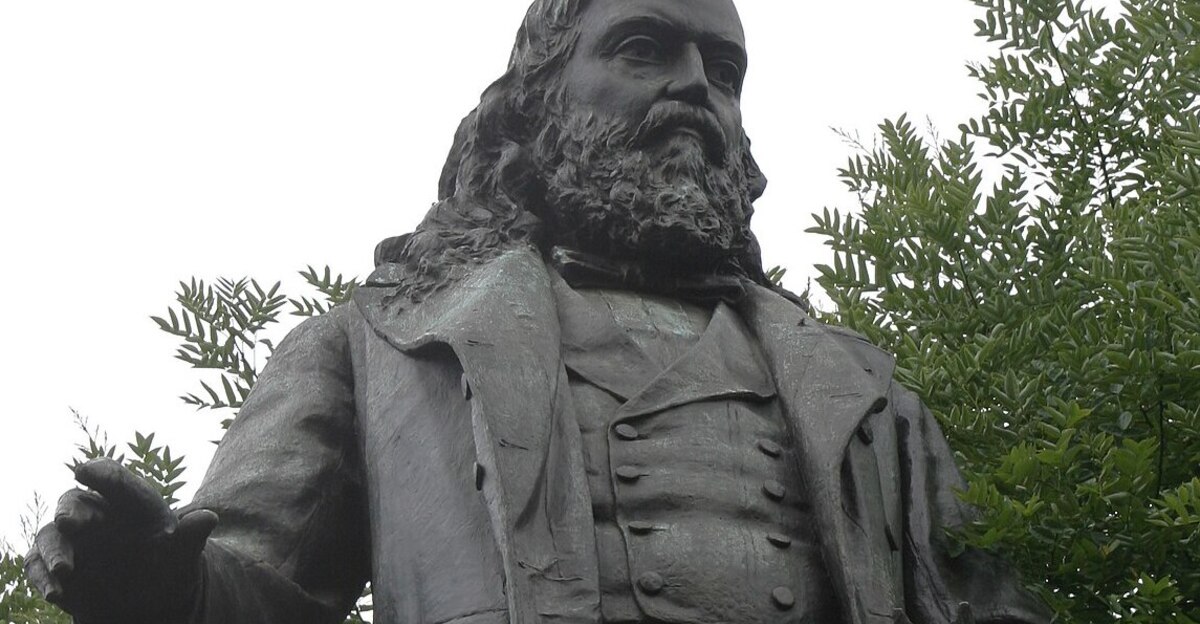
The statue, erected in 1901, commemorates not only Albert Pike’s Confederate role but also his leadership among the Freemasons.
NPR reports it was the only Confederate statue in the capital and described Pike as both a “scholar and soldier.” Its presence has long stirred controversy, reflecting broader tensions around public memory.
Calls for Change
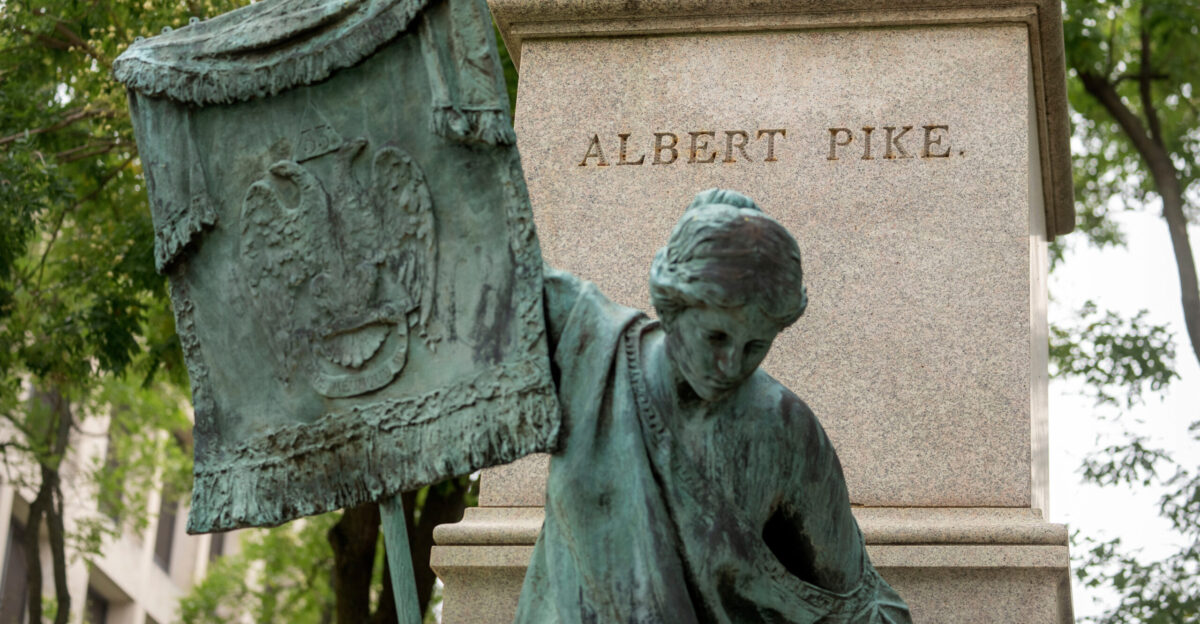
Pressure to remove Confederate monuments has mounted nationwide, especially since 2017. Politico notes that city leaders first called for the Pike statue’s removal in the early 1990s, with broadening campaigns demanding permanent change in how such figures are celebrated.
Restoration Announced
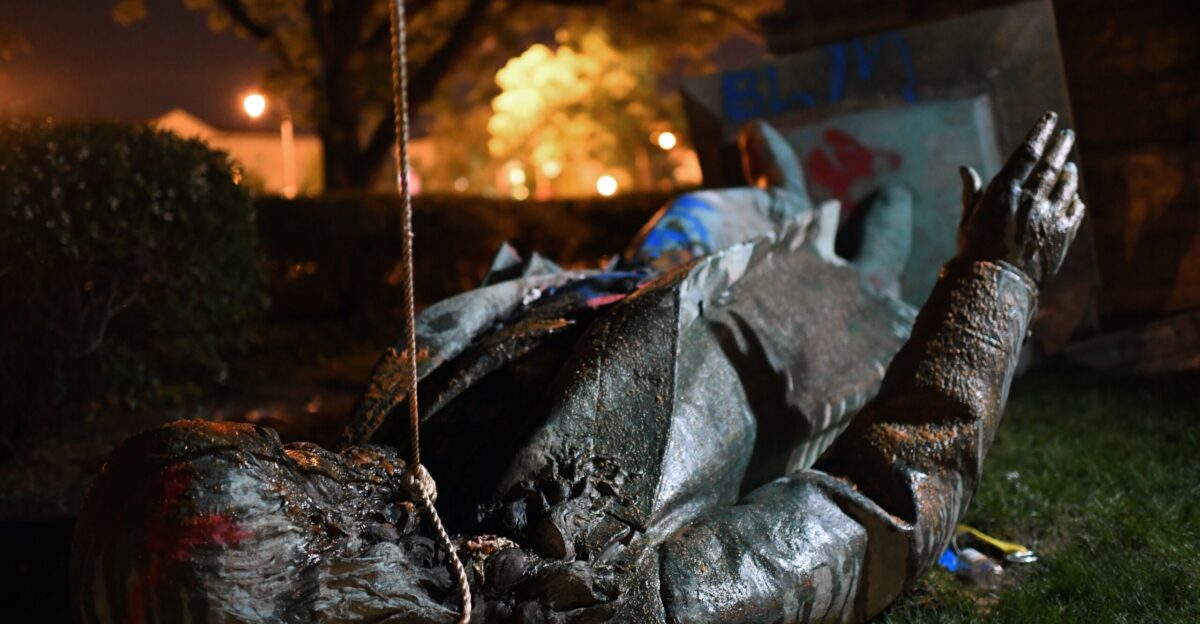
The key announcement came on August 4, 2025: the National Park Service confirmed plans to restore and reinstall the Pike statue by October.
This move is mandated by federal executive orders signed by President Trump, requiring the reinstatement of historical monuments altered since 2020.
Judiciary Square Impact
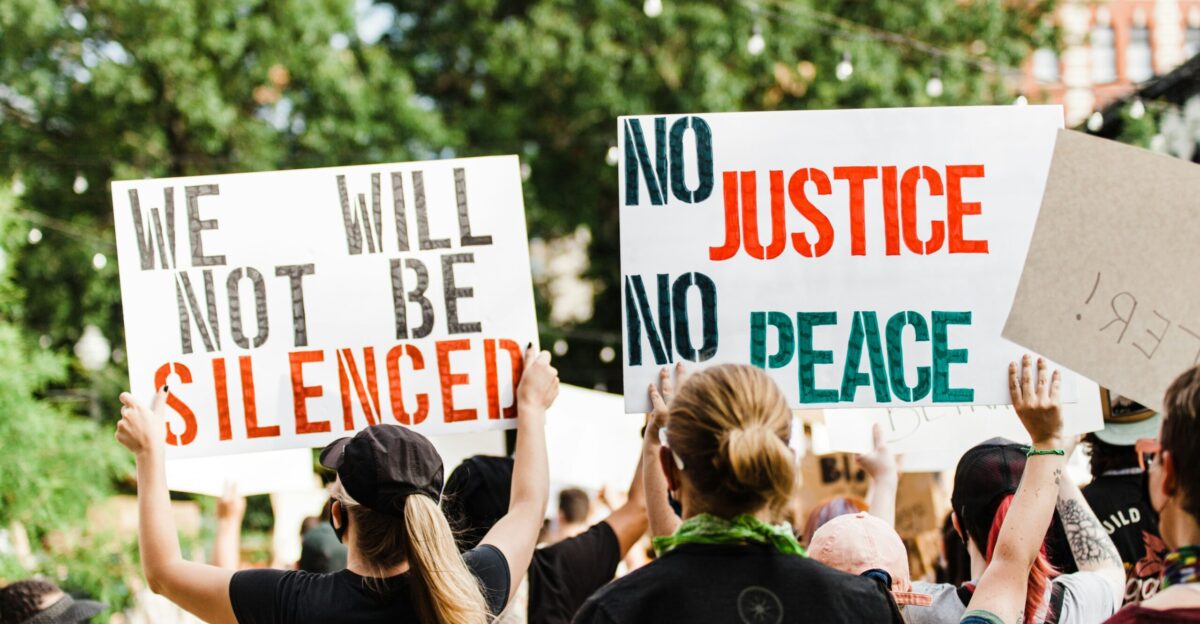
Judiciary Square, the statue’s original and intended site, is bracing for renewed demonstrations. According to CNN, residents feel the reinstallation directly affects their neighborhood’s climate and safety. “We’re preparing for both peaceful protests and potential unrest,” shared local resident Jasmine Carter.
Strong Opposition
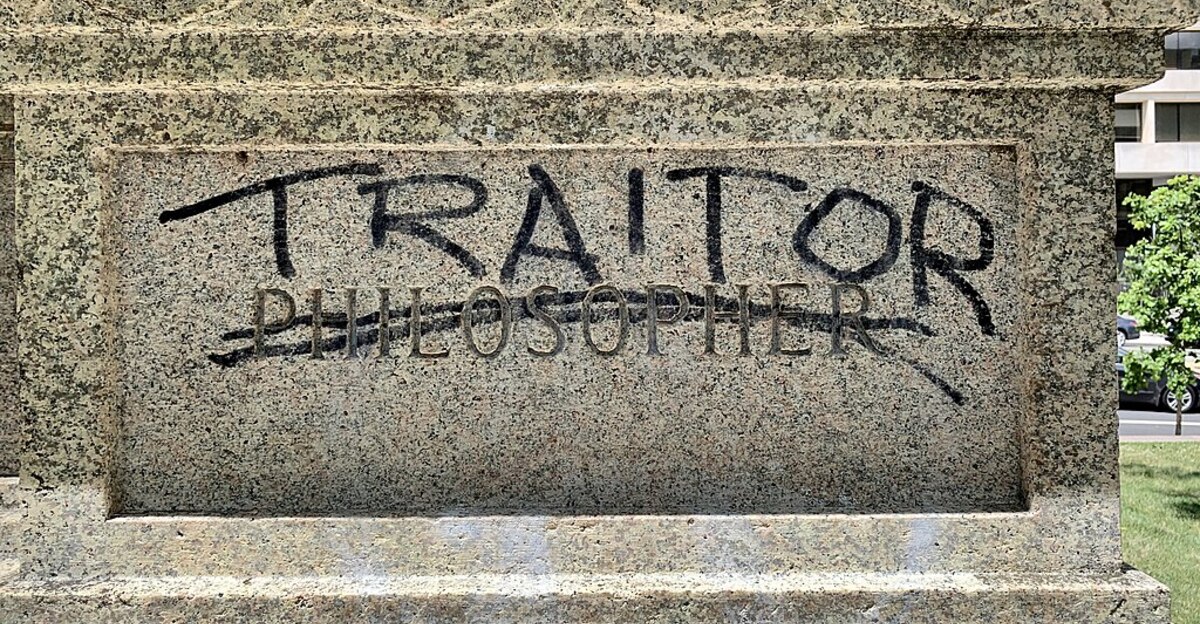
Local leaders, including Congresswoman Eleanor Holmes Norton, continue to object. As quoted by NPR, Norton says, “A statue honoring a racist and traitor has no place on D.C. streets.” She has pledged to reintroduce legislation seeking the statue’s permanent removal to a museum.
Executive Orders
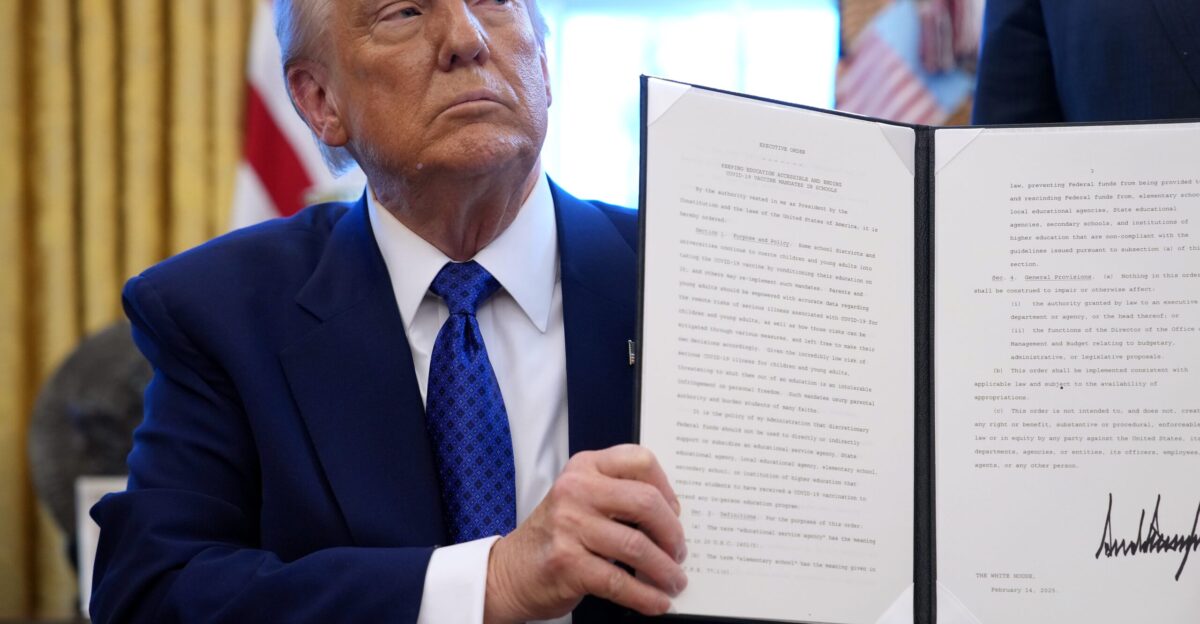
The reinstallation stems directly from President Trump’s “Restoring Truth and Sanity to American History” executive order, issued in March 2025.
The National Park Service told ABC News that this directive compels agencies to return monuments removed in recent years, arguing it’s necessary to “present a full and accurate picture of the American past.”
Evolving Perspectives
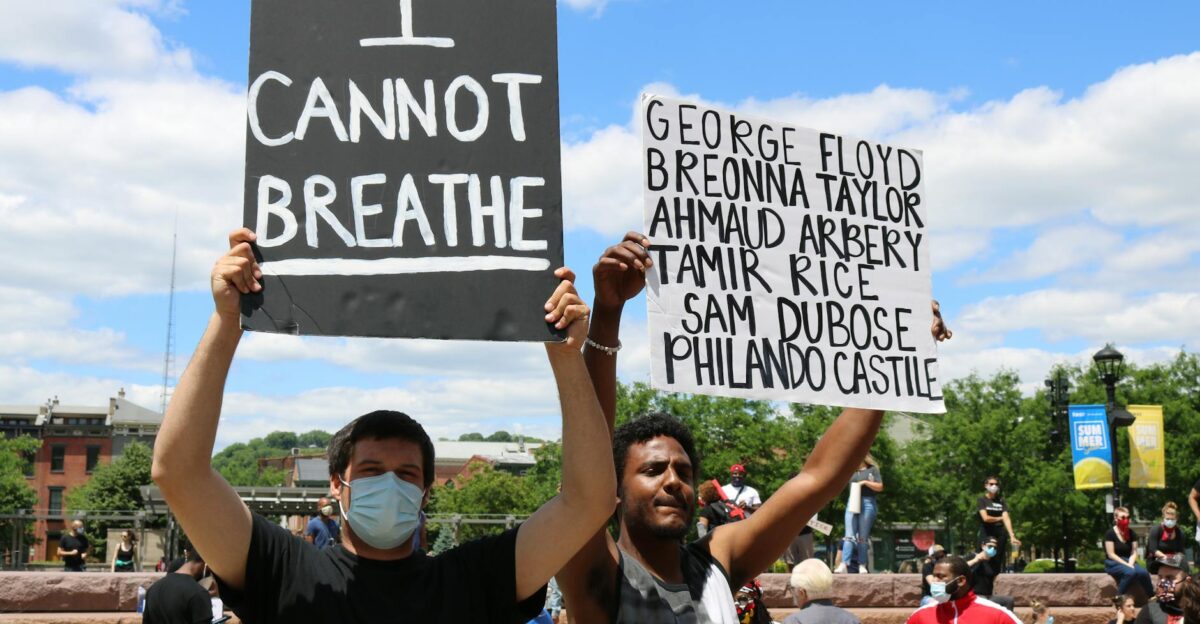
National perspectives on Confederate monuments have shifted since the mass protests after George Floyd’s death.
The New York Times reports more than 100 Confederate statues were removed or relocated in 2020, reflecting ongoing national reconsideration of public memorials and their social meaning.
Klan Allegations
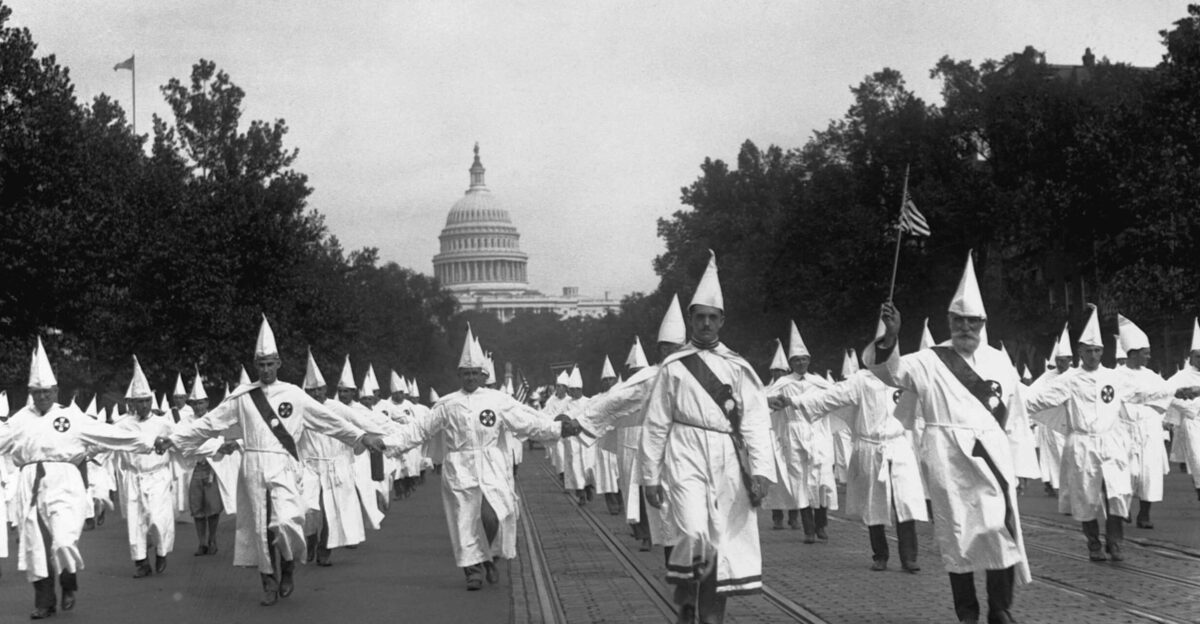
A persistent controversy surrounds Pike’s alleged ties to the Ku Klux Klan. As reported by History and Social Justice, some sources have claimed Klan involvement, but most historians, including Professor Blight, find “no conclusive evidence” linking Pike directly. The debate continues to add fuel to public controversy.
Tensions Rise
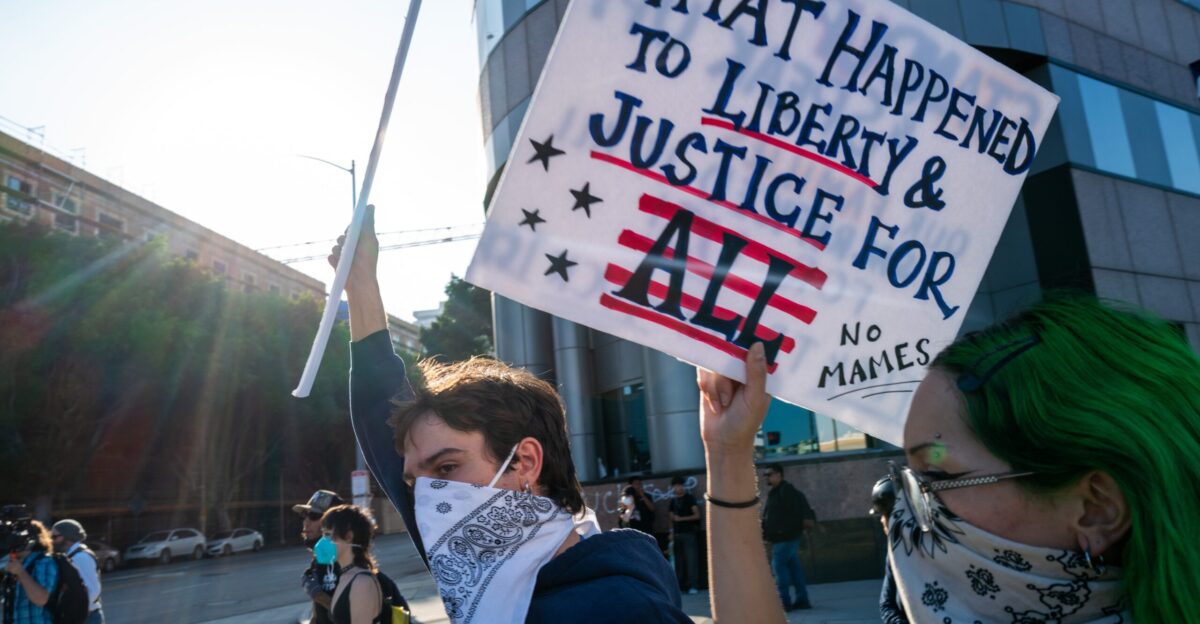
The National Park Service argues it is simply fulfilling its legal obligations; meanwhile, activists and D.C. officials allege federal overreach.
According to The Hill, this dispute exposes long-standing tensions between local governance and federal mandates in the city’s affairs.
Authority and Ownership
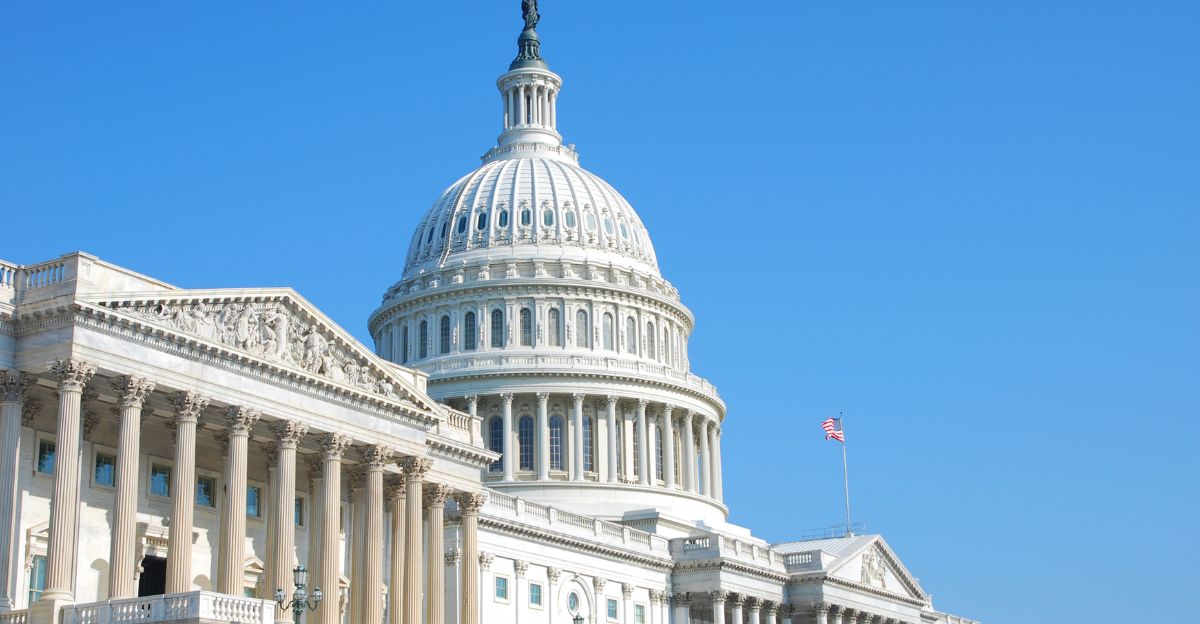
The statue remains federal property, authorized by Congress in 1898. Despite city leaders’ opposition, federal law and presidential authority overrule local preferences, further highlighting the city’s unique governance structure.
A Push for Museums
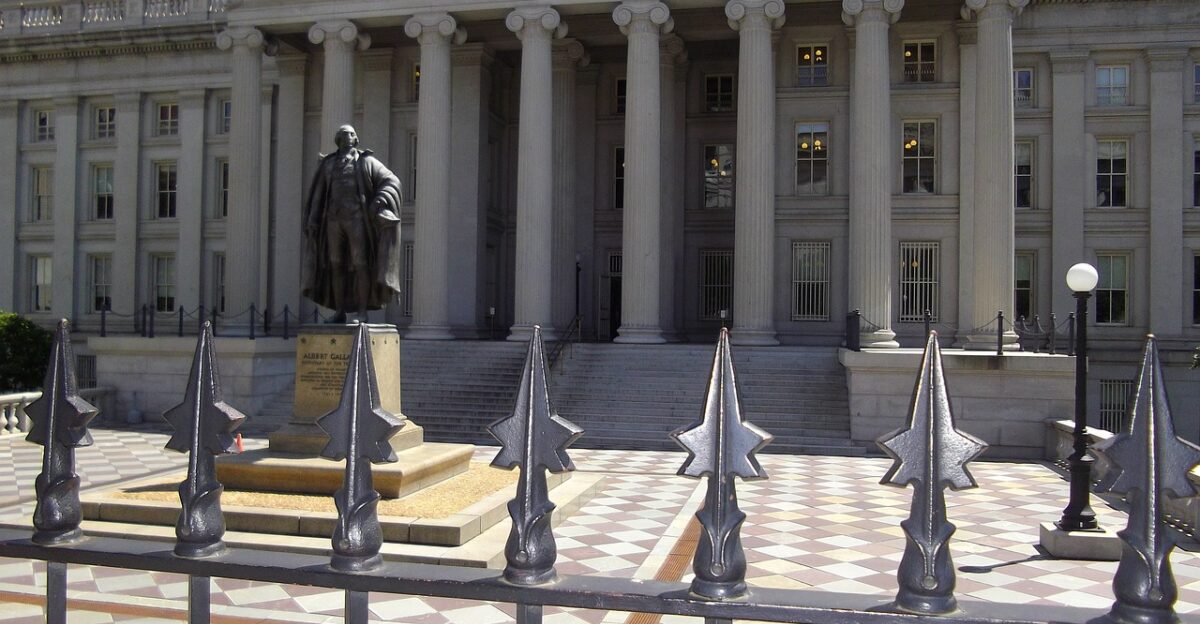
Opponents, including Delegate Norton, have proposed legislation to relocate the Pike statue to a museum.
According to SAN News, advocacy groups are ramping up campaigns to change how America confronts controversial artifacts—viewing museums as more appropriate than public squares.
Expert Opinions
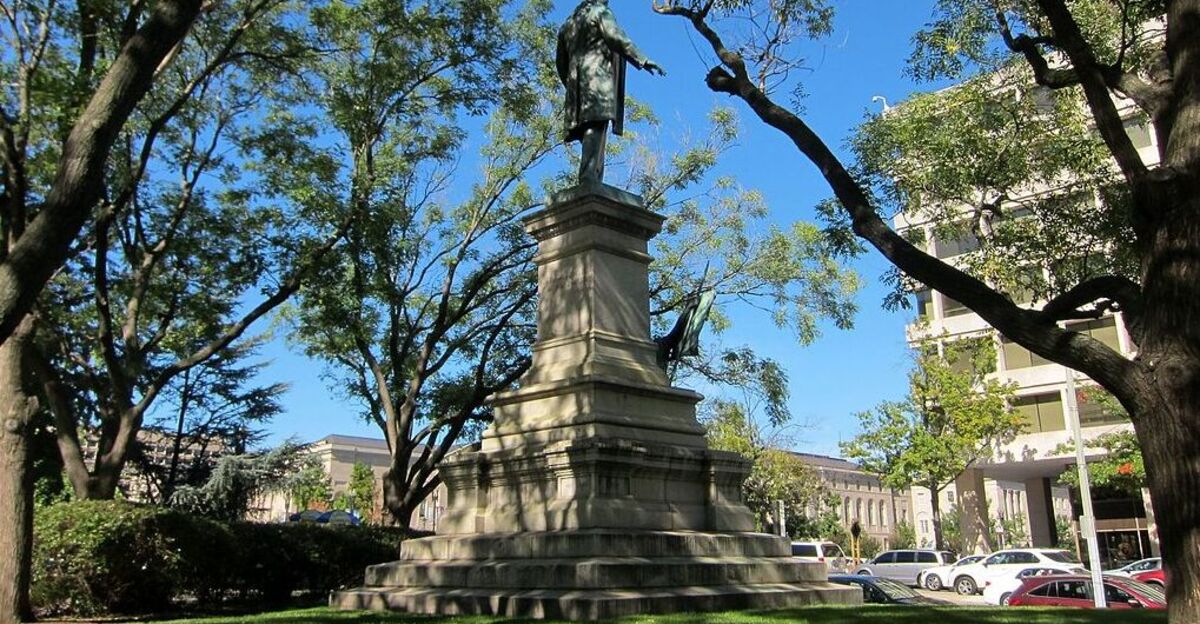
Many historians remain skeptical. CBS News reports that prominent Civil War scholar Dr. Eric Foner argues, “Public monuments should reflect the values of the present, not just the past.” Skeptics question whether re-honoring figures like Pike truly serves public interest.
Uncertain Future
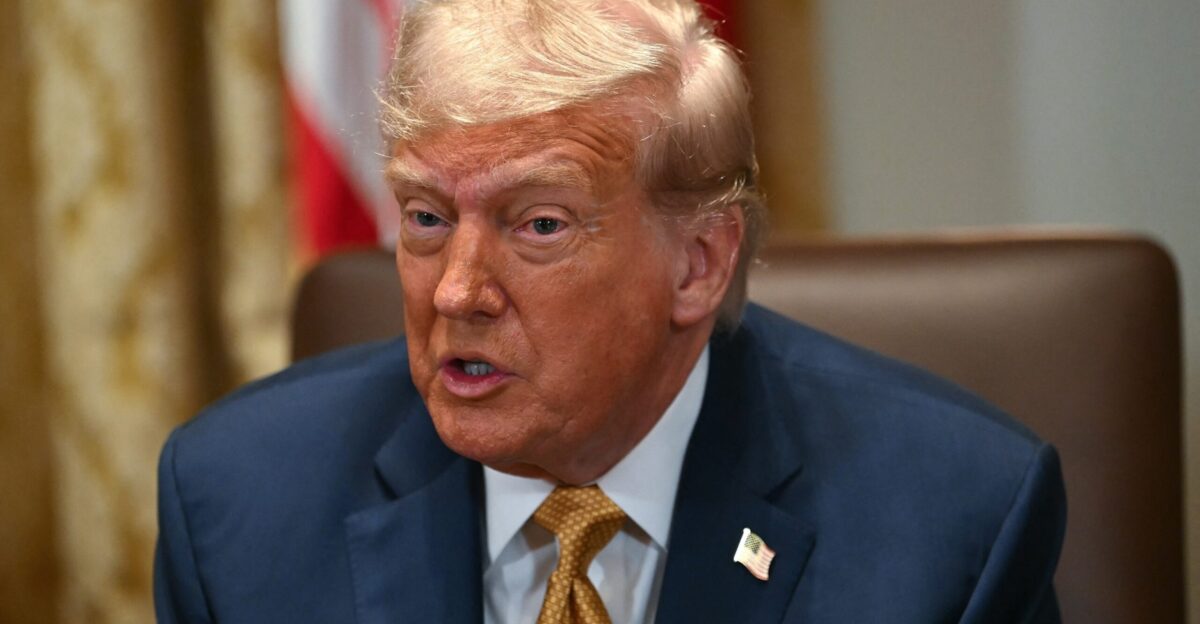
Looking ahead, legal and political challenges loom. POLITICO notes some officials anticipate lawsuits or policy changes that could reshape the fate of the statue once again.
The debate raises bigger questions about the country’s direction on historic preservation and reconciliation.
Political Flashpoint

The statue’s impending return has entered 2026 midterm election debates. The New York Times reports that candidates from both parties are staking out clear positions, with advocacy organizations making monument policy a centerpiece of campaigns.
International Lens
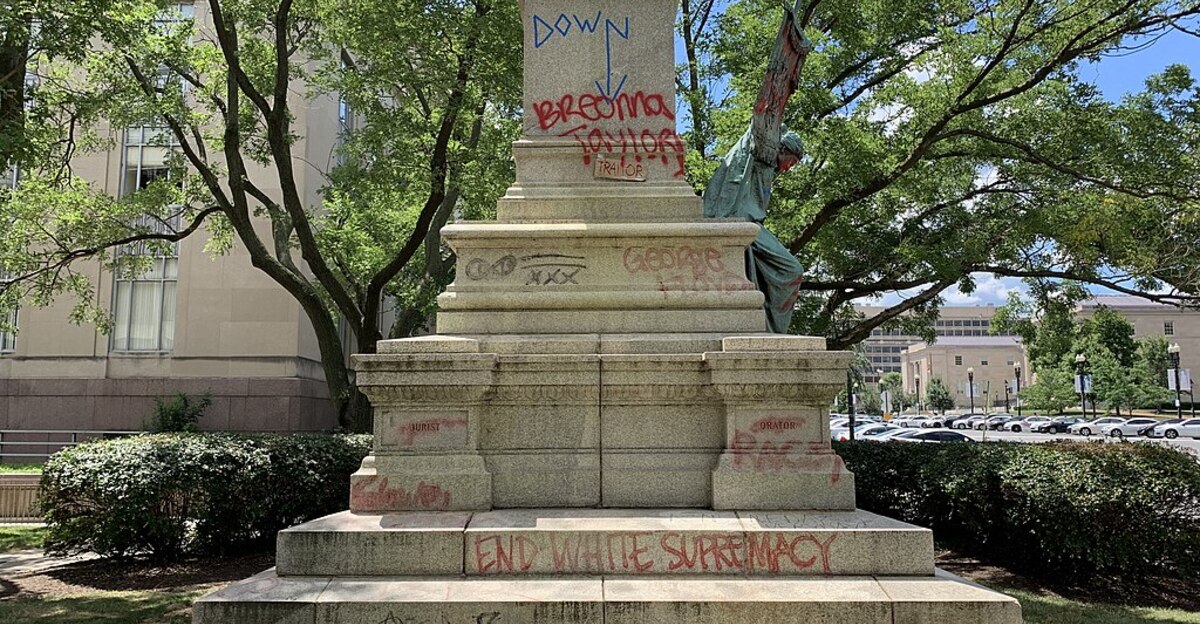
Global media outlets, including BBC News, draw comparisons between America’s monument debates and similar disputes in Europe and South Africa.
International observers view the decision as a test case for how democracies address their most painful histories.
Legal Battles
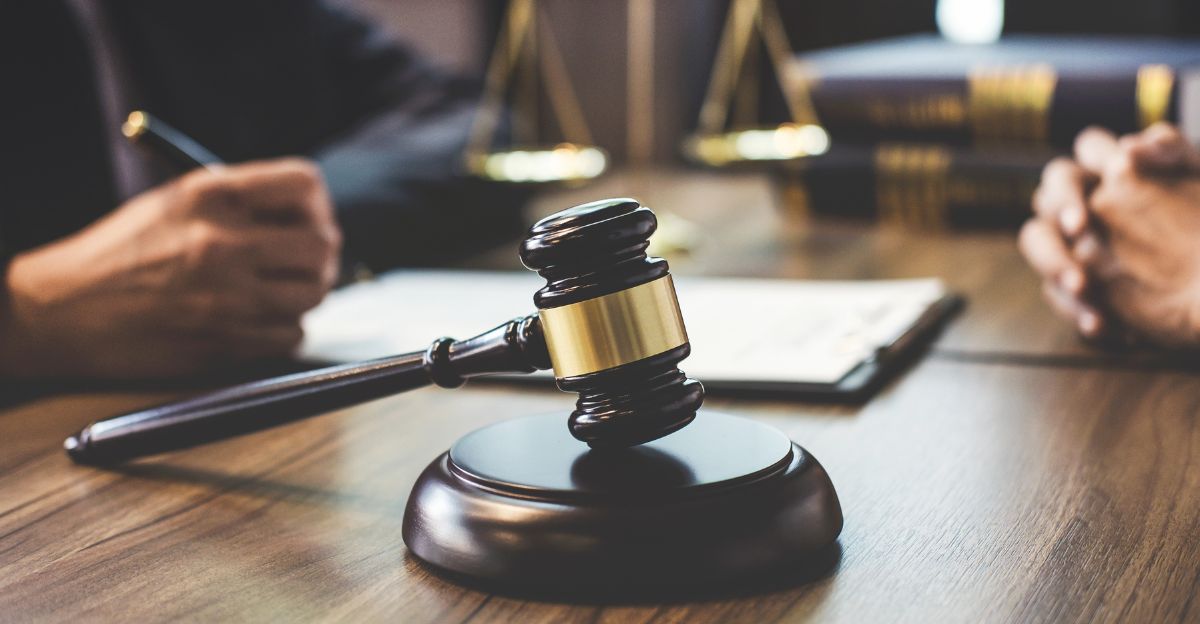
Multiple public interest groups are preparing to challenge the reinstallation in court. According to CNN, plaintiffs contend that honoring Confederate leaders may violate civil rights statutes, raising questions about what legal frameworks should govern historic displays.
Cultural Response
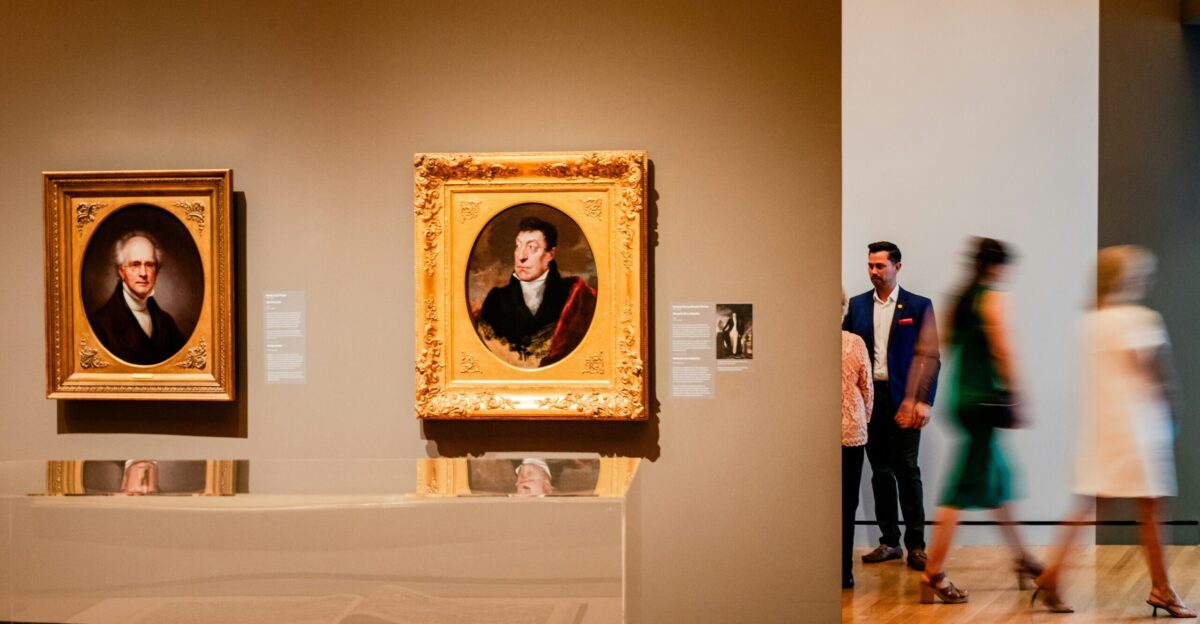
Cultural institutions are responding with renewed public programs. DCist reports that local artists and educators organize dialogues, exhibitions, and walking tours at Judiciary Square, aiming to spark constructive conversations about memory, justice, and shared identity.
Enduring Debate
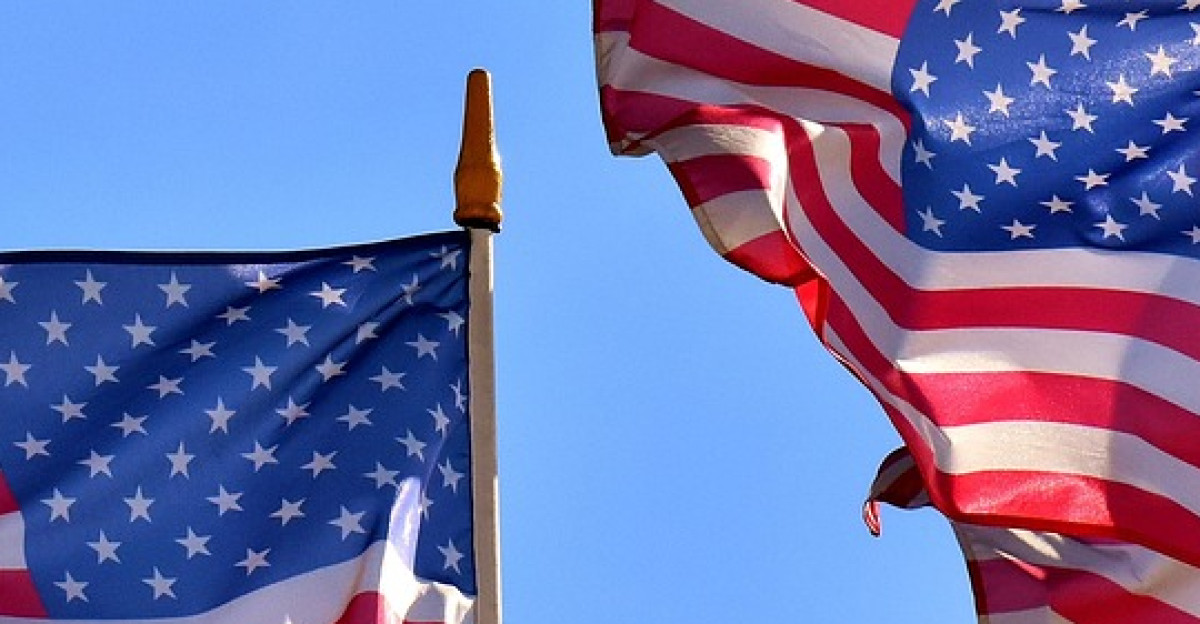
The Pike statue’s return underscores unresolved questions about national identity and remembrance. As Dr. Blight tells Reuters, “Public memory is always contested; what we choose to honor says as much about us now as it does about the past.” The debate over monuments, history, and justice will continue shaping D.C.—and the nation.


